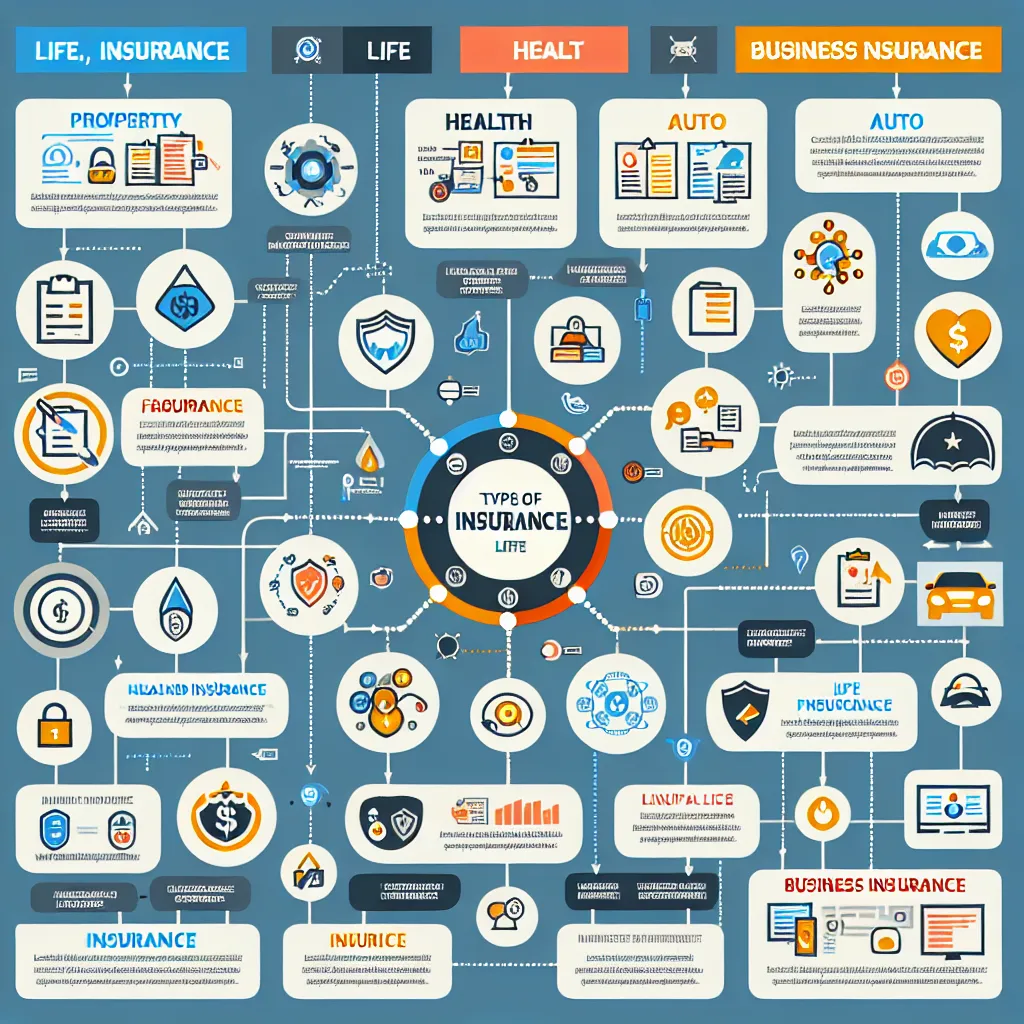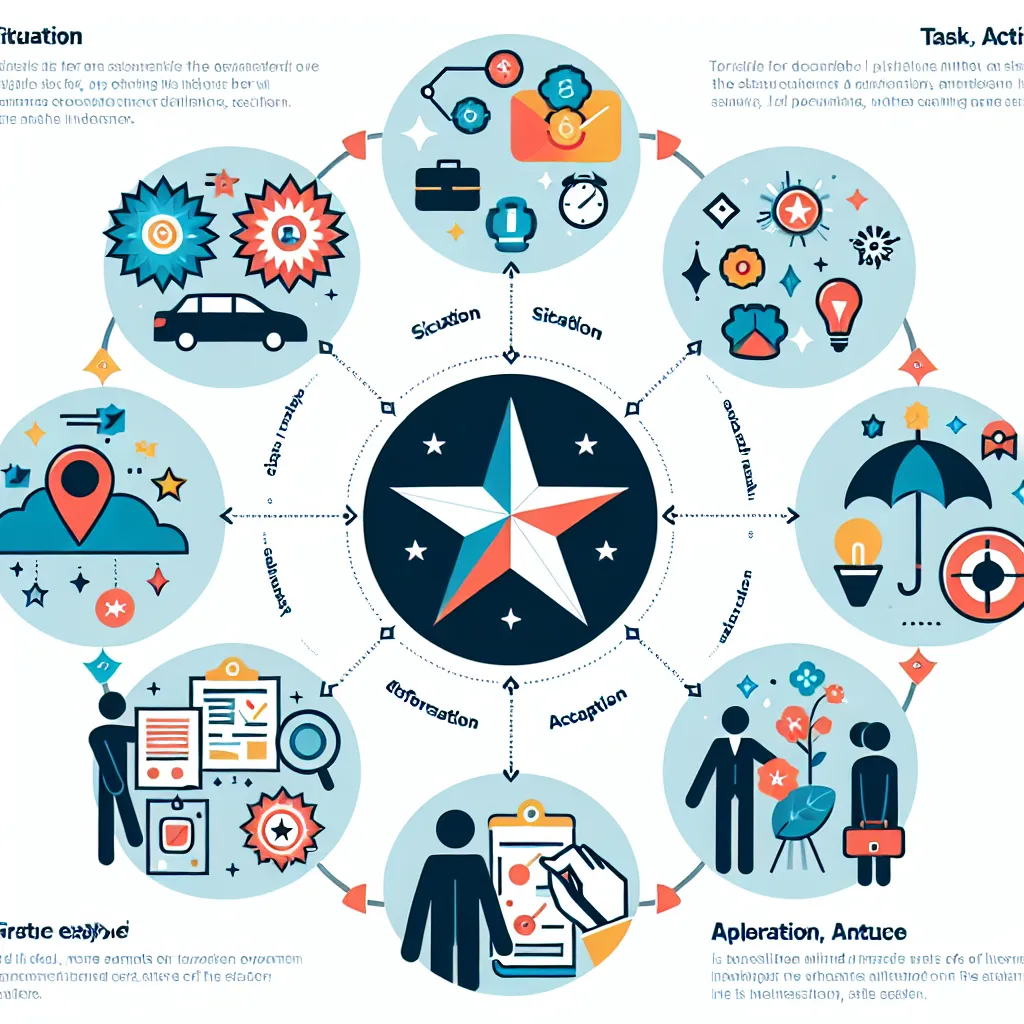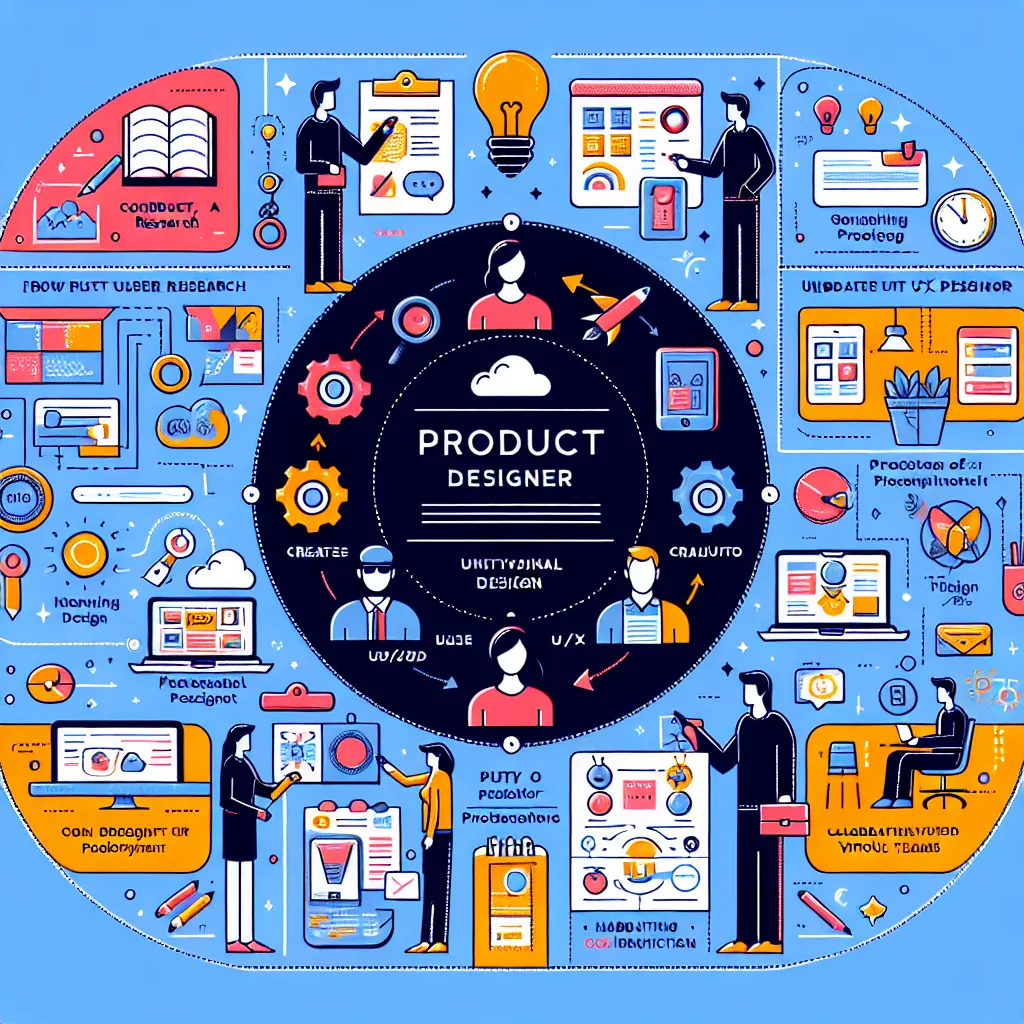Are you gearing up for an insurance interview? Whether you’re a fresh graduate or an experienced professional looking to switch careers, preparing for an insurance interview can be a daunting task. This comprehensive guide will walk you through the essential steps to ensure you’re well-prepared and confident for your upcoming interview.
Understanding the Insurance Industry
Before diving into specific interview preparations, it’s crucial to have a solid understanding of the insurance industry. Insurance is a complex and dynamic field that plays a vital role in protecting individuals and businesses from financial risks.
Key Areas of Insurance
- Life Insurance
- Health Insurance
- Property and Casualty Insurance
- Auto Insurance
- Business Insurance
Familiarize yourself with these different types of insurance and their basic principles. This knowledge will demonstrate your genuine interest in the industry to potential employers.
 Insurance Industry Overview
Insurance Industry Overview
Researching the Company
One of the most crucial steps in preparing for any interview is researching the company you’re applying to. For an insurance interview, this becomes even more important due to the industry’s competitive nature.
What to Research:
- Company history and culture
- Products and services offered
- Recent news and developments
- Company’s market position
- Mission statement and values
By thoroughly researching the company, you’ll be able to tailor your responses to align with their goals and demonstrate your enthusiasm for the role.
Common Insurance Interview Questions and How to Answer Them
Being prepared for common interview questions is essential. Here are some frequently asked questions in insurance interviews along with tips on how to answer them effectively:
1. “Why do you want to work in the insurance industry?”
Answer: Focus on the industry’s stability, the opportunity to help people protect their assets, and your interest in risk management. For example:
“I’m drawn to the insurance industry because it offers a stable career path while allowing me to make a positive impact on people’s lives. I find the concept of risk management fascinating and believe my analytical skills would be well-suited to helping clients protect their assets and plan for the future.”
2. “How do you stay updated with insurance industry trends?”
Answer: Mention specific industry publications, websites, or associations you follow. For instance:
“I regularly read industry publications like Insurance Journal and PropertyCasualty360. I’m also a member of the National Association of Insurance and Financial Advisors, which provides valuable updates and networking opportunities.”
3. “How would you explain a complex insurance policy to a client?”
Answer: Emphasize your communication skills and ability to break down complex information. For example:
“I would start by understanding the client’s specific needs and concerns. Then, I’d explain the policy using simple language and relatable examples. I’d also use visual aids if necessary and encourage questions throughout the explanation to ensure the client fully understands the coverage.”
4. “How do you handle objections from potential clients?”
Answer: Showcase your problem-solving and interpersonal skills. A good response might be:
“I listen carefully to understand the root of their objection. Then, I address their concerns directly, providing additional information or alternative solutions. My goal is to build trust and find a policy that truly meets their needs, rather than pushing for a sale.”
5. “What do you think are the biggest challenges facing the insurance industry today?”
Answer: Demonstrate your industry knowledge and analytical thinking. For instance:
“I believe some of the biggest challenges include adapting to new technologies, addressing cybersecurity risks, and navigating changing regulations. Additionally, climate change is posing new challenges for risk assessment in property insurance.”
Preparing Your Own Questions
Remember, an interview is a two-way street. Preparing thoughtful questions shows your genuine interest in the role and company. Here are some examples:
- “What opportunities for professional development does the company offer?”
- “How does the company stay competitive in the evolving insurance market?”
- “Can you describe the typical career path for someone in this role?”
- “What are the biggest challenges facing your team right now?”
- “How does the company incorporate technology in its operations and customer service?”
Mastering the STAR Method
The STAR method (Situation, Task, Action, Result) is an effective technique for answering behavioral interview questions. These questions often start with phrases like “Tell me about a time when…” or “Give me an example of…”
Here’s how to use the STAR method:
- Situation: Briefly describe the context of the situation.
- Task: Explain what your responsibility was in that situation.
- Action: Describe the specific actions you took to address the situation.
- Result: Share the outcomes of your actions, using specific metrics if possible.
Practice using this method with common scenarios in the insurance industry, such as dealing with a difficult client or meeting sales targets.
 STAR Method Illustration
STAR Method Illustration
Dressing for Success
First impressions matter, especially in the professional world of insurance. Dress conservatively and professionally for your interview. A suit in neutral colors is usually a safe choice for both men and women.
Follow-Up Questions and Answers
Here are some additional follow-up questions you might encounter in an insurance interview, along with suggested answers:
1. “How do you handle stress in a fast-paced work environment?”
Answer: “I thrive in fast-paced environments by staying organized and prioritizing tasks. I use time management tools to keep track of deadlines and break large projects into manageable steps. I also practice stress-reduction techniques like deep breathing or short walks to maintain focus and productivity.”
2. “How would you build and maintain relationships with clients?”
Answer: “I believe in building trust through regular communication and personalized service. I would schedule regular check-ins with clients, remember important details about their lives, and always be responsive to their needs. I’d also provide value by sharing relevant industry news or policy updates that might affect them.”
3. “How do you stay motivated in a commission-based role?”
Answer: “I’m motivated by setting and achieving goals. I would break down my annual targets into monthly and weekly objectives, celebrating small victories along the way. I also find motivation in the satisfaction of helping clients secure their financial future.”
4. “How would you handle a situation where a claim is denied?”
Answer: “I would first ensure I fully understand the reason for the denial. Then, I’d communicate this to the client clearly and empathetically, explaining the policy terms that led to the decision. If there’s a possibility for appeal, I’d guide the client through that process. If not, I’d use the situation as an opportunity to review their coverage and suggest any necessary adjustments for the future.”
5. “What’s your approach to continuing education in the insurance field?”
Answer: “I’m committed to ongoing learning in this ever-changing industry. I plan to pursue relevant certifications, attend industry conferences, and participate in webinars and workshops. I also believe in learning from colleagues and would seek mentorship opportunities within the company.”
Common Mistakes to Avoid
When preparing for an insurance interview, be aware of these common pitfalls:
- Lack of industry knowledge: Not researching the insurance sector thoroughly.
- Overconfidence: Coming across as arrogant rather than confident.
- Underprepared for technical questions: Failing to brush up on insurance terminology and concepts.
- Neglecting soft skills: Focusing solely on technical knowledge and overlooking the importance of communication and interpersonal skills.
- Not asking questions: Failing to prepare thoughtful questions about the role and company.
To avoid these mistakes, ensure you balance your preparation between industry knowledge, company research, and personal presentation skills.
Conclusion
Preparing for an insurance interview requires a combination of industry knowledge, company research, and personal preparation. By understanding common questions, practicing your responses, and showcasing your enthusiasm for the field, you’ll be well-positioned to make a strong impression.
Remember, confidence comes from preparation. Take the time to thoroughly research the company and industry, practice your responses, and prepare thoughtful questions. With these steps, you’ll be ready to ace your insurance interview and take the next step in your career.
We hope this guide helps you in your interview preparation. For more tips on career development and interview skills, check out our articles on how to handle salary discussions in an interview and how to answer “What are your salary expectations?” in English. Good luck with your interview!




